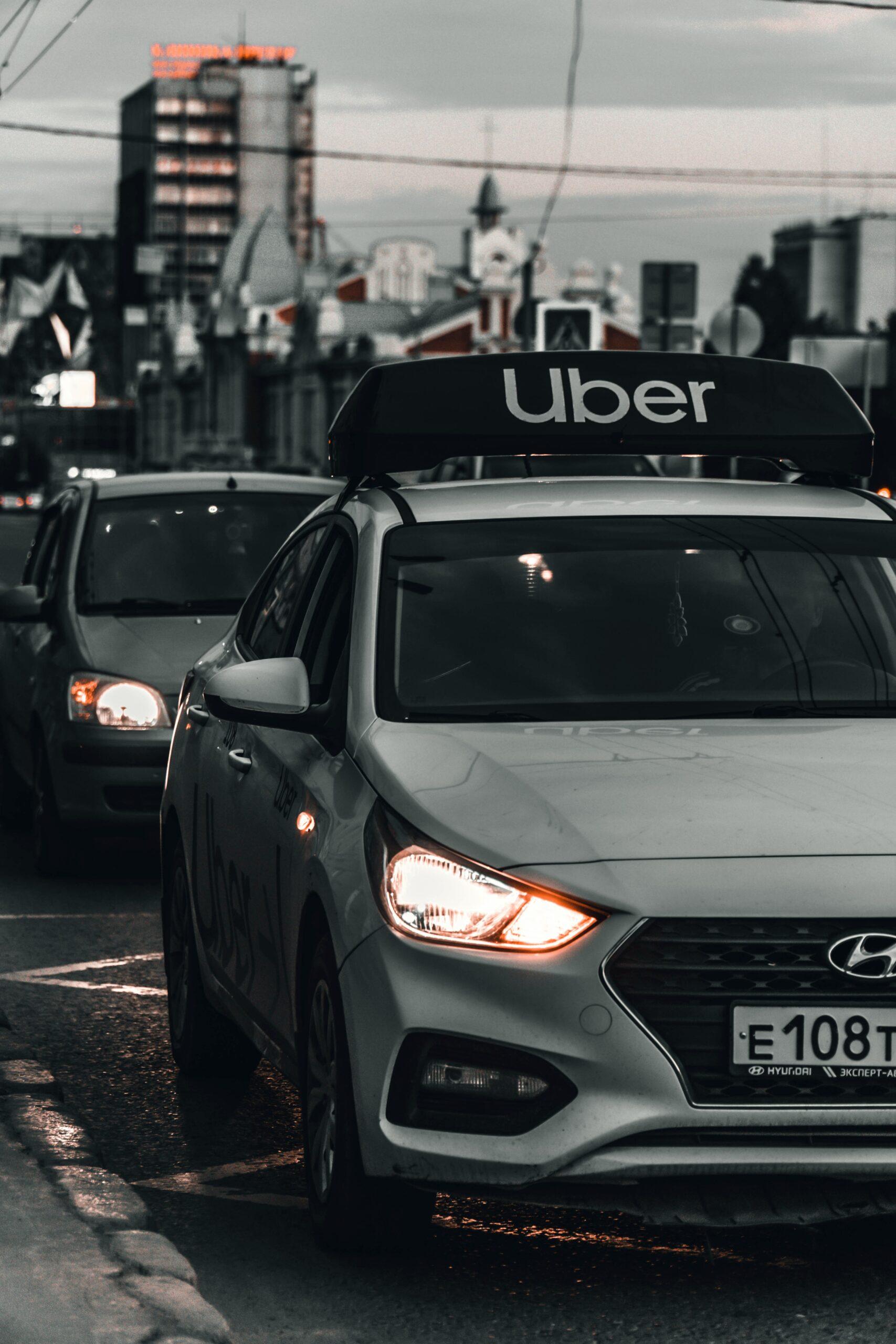Look, we’re a Brooklyn-located law firm. DUMBO, to be specific. And so like many Brooklynites and quite possibly the majority of DUMBO residents, we use and appreciate Uber. Why the apologetic tone? Well, if you’ve been following the local news, you know that Uber is not the most popular company among city politicians, or in Mayor DeBlasio’s office. While the two sides recently managed to reach a temporary cease-fire, and Uber will not be forced by the city to dramatically slow down its growth rate, the smart money says that Uber (and its brethren like Lyft) only delayed the showdown. So, why do some people dislike the ride sharing company and app so strongly?
Uber is a bit of a strange beast in legal terms. In essence, Uber is an attempt to avoid the regulations and labor rules of what’s traditionally a quasi-government function: taxi service. If we’re being fair, taxis themselves are also a little legally unusual – in New York, they are privately owned and operated but licensed and strictly regulated by the Taxi and Limousine Commission, a government body. If you’ve ever wondered why you can’t haggle over a fare, or why certain types of cabs may only may pickups in certain boroughs, this is why.
Uber is thus a kind of political issue, and how you feel about the company and its business practices may be intertwined with how you feel about market regulation. Uber drivers, for example, aren’t unionized or licensed, and critics say this lack of process can lead to unscreened and dangerous people driving Ubers. California has gone so far as to legally mandate that Uber drivers be treated as employees and not independent contractors. Other anti-Uber commentators state that regulation has, on the whole, been good for the taxi industry, and resulted in a more safe and pleasant traveling experience.
The other side of this, of course, is that taxis have been able to maintain a comfortable monopoly over the years through these very regulations. Not only are riders barred from obtaining a lower fare even in neighborhoods with little demand, most of us have had the frustrating experience of being on a street corner in, say, Brighton Beach, or some other more out-there neighborhood, and waiting and waiting for a car to appear until we throw our hands up and try to find a subway.
Uber’s free-market philosophy reaches its nadir in what has been perhaps the company’s most controversial innovation: surge pricing. Surge pricing is basically Uber writ large, the best and worst of the Uber experiment reduced to one feature. On the one hand, surge pricing often means cheap cars. The average cost of an Uber on, say, a Tuesday afternoon in Williamsburg is going to be less than the equivalent yellow or green cab. There are also more complex economic reasons why surge pricing allegedly induces market-friendly behavior from both drivers and passengers. Surge pricing, though, has an almost built-in rage-inducing element. Prices soar at the very time people most need a ride. Occasionally, in times of public danger and emergency, this can be a public relations nightmare. Other times its less morally offensive and more incredibly annoying.
Now comes word that Uber is attempting to patent its surge pricing scheme. From Bloomberg:
Uber applied for a U.S. patent last year for “dynamically adjusting prices for service” using mobile devices. The system measures supply (Uber drivers) and demand (passengers hailing rides with smartphones), and prices fares accordingly.
For all its press coverage and seeming omniscience, it’s important to remember that Uber is still a startup. And as Bloomberg correctly notes, startups will often engage in a sort of patent-hoarding, seeking to preempt any competition that could arise through the laws of intellectual property. (The flip side of this is that many legitimate startups can find their business stymied by patent trolls.) Patent-hoarding is not necessarily a “bad” thing. Patent law is extremely complex, and if you aren’t 100 percent sure of which of your business innovations is innovative enough to warrant legal protection from copying, it makes perfect sense to throw as many patent applications as you can at the regulatory wall and see what sticks.
The question for Uber is, just how innovative is surge pricing? In legal terms, surge pricing implicates the requirements that a patentable invention be both novel and non-obvious. Uber’s lawyers are no doubt arguing strenuously that they have introduced more than a market in car rides, which would possibly be general enough to be non-patentable. Rather, through its use of surge pricing in combination with smartphone technology, and its unique surge pricing math and mechanics, it has invented a new “process” for purchasing a car ride that is both novel and useful.

Where creative minds come together
The stakes are high. Uber’s biggest competitor, outside of the taxi cartels, is Lyft, which engages in its own form of surge pricing that it calls “Prime Time.” (In the battle of more consumer-palatable names for how it charges, Lyft has probably won.) The grant of a patent on surge pricing could conceivably put Lyft in a lot of trouble.
So what’s the takeaway for a startup? Well, for one, patent law is not only complicated, it can get as ugly as any type of civil law. It typically isn’t something a business can do properly without legal assistance. And, whether it comes from cutting off future copycats before they get on their feet, or doing battle with patent trolls who seek to monopolize the very practice of holding patents, it pays dividends to have an attorney on your side.


